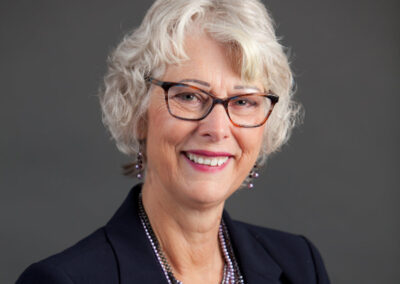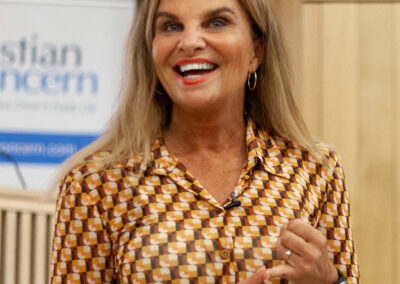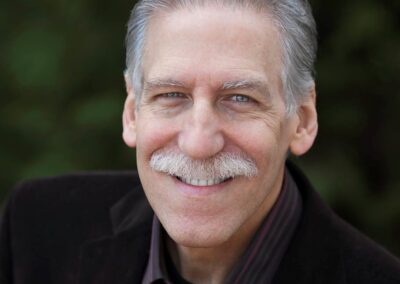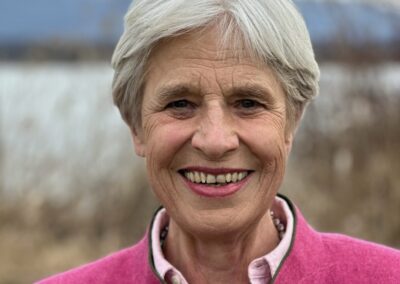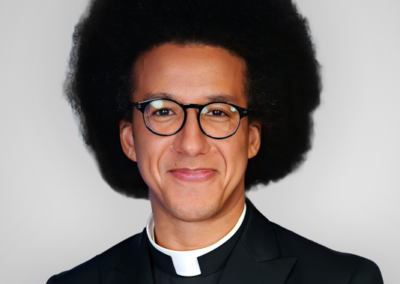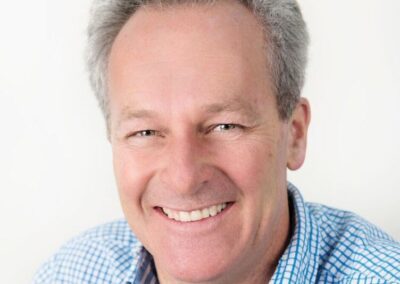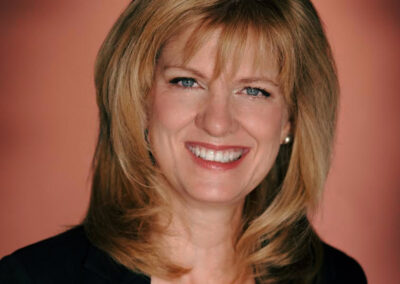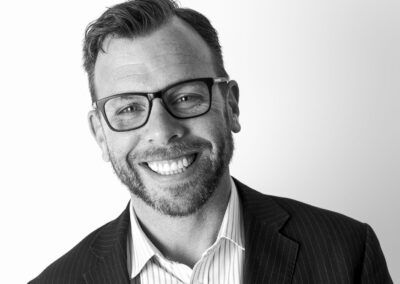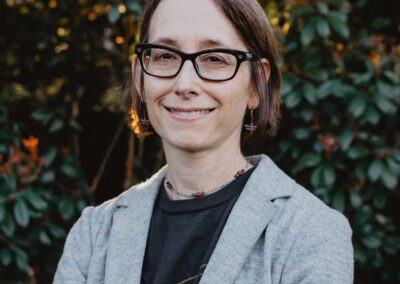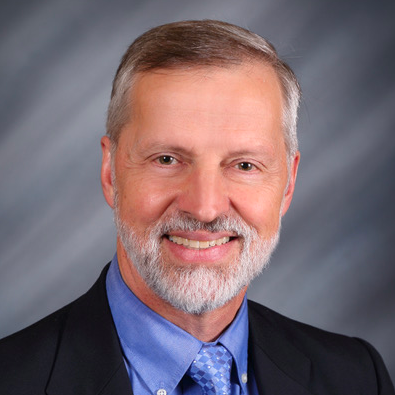The Declaration
An International Declaration on Therapeutic and Pastoral Choice
Signatories of this International Declaration call upon our governments, local authorities, human rights, media and religious organisations, to recognise that the right to self-determination is an established principle of international law, and therefore must include the right to shape and develop one’s own sexual identity, feelings and associated behaviours, and to receive support to do so.
0+ Signers
Co-Signatories
Co-Signing Organisations

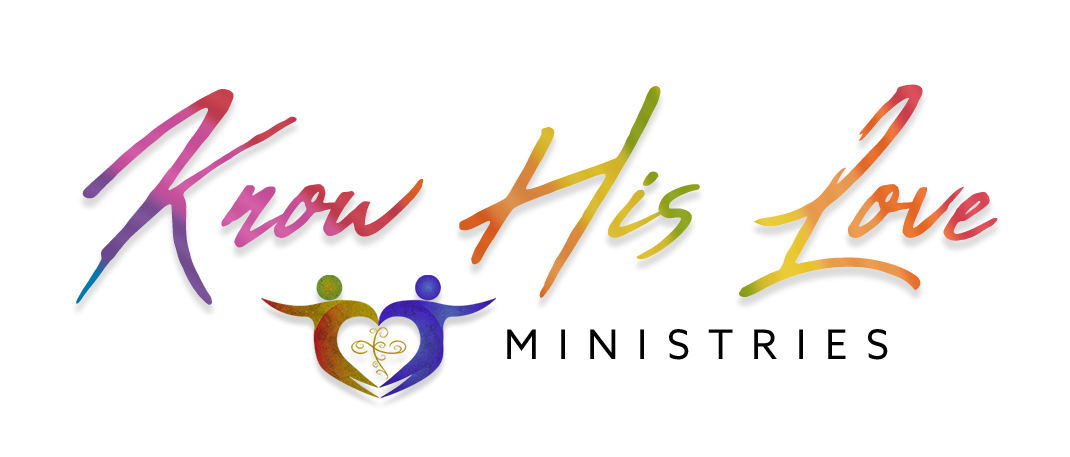

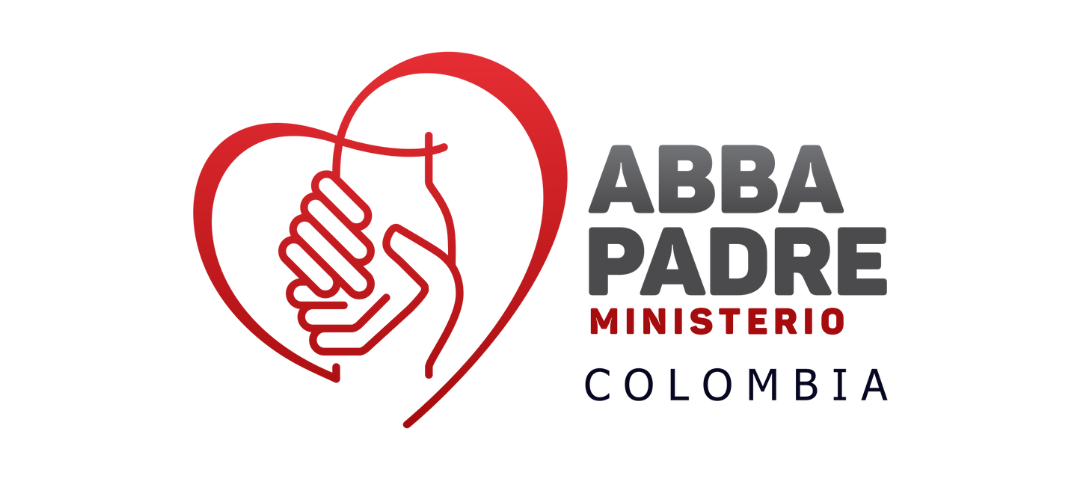


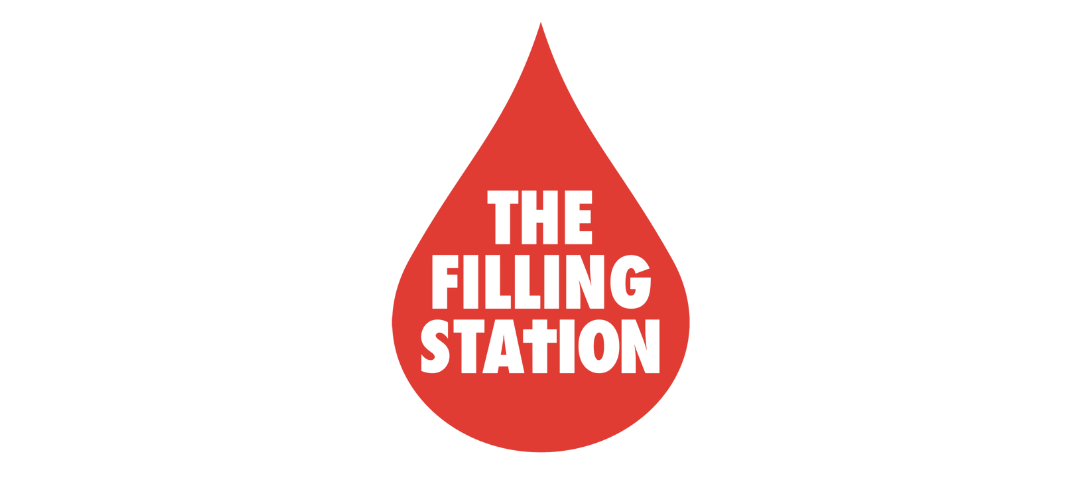


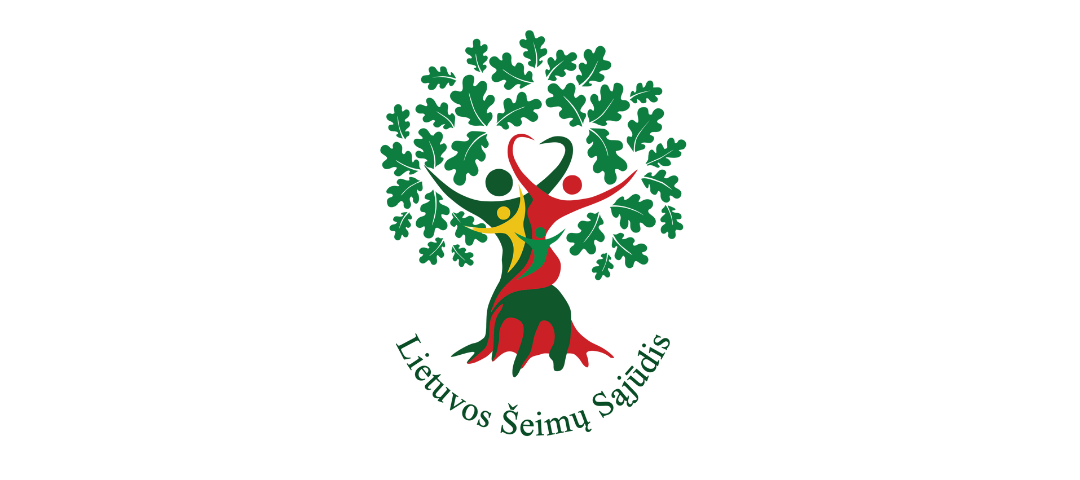


Read & Download in Your Language
Deutsch 🇩🇪
English 🇬🇧
Español 🇪🇸
French 🇫🇷
Italiano 🇮🇹
Magyar 🇭🇺
Malti 🇲🇹
Melayu 🇲🇾
Polski 🇵🇱
Português 🇵🇹
Română 🇷🇴
Slovenčina 🇸🇰
Türkçe 🇹🇷
Ελληνικά 🇬🇷
Українська 🇺🇦
Հայերեն 🇦🇲
اردو 🇵🇰
العربية 🇦🇪
हिन्दी 🇮🇳
An International Declaration on Therapeutic and Pastoral Choice
- Banning ‘conversion therapy’ infringes human rights and freedoms, imperilling both therapeutic choice and pastoral, professional and parental rights. See paragraphs 1-6 of Review Document.
- Everyone has the right to reduce and change unfulfilling or undesired sexual feelings or behaviours, regardless of their motivations, goals or values. The right to align one’s feelings and behaviours to biological sex, in order to live according to the values and beliefs that bring them true happiness, is a human right. No one should take these freedoms and rights away from any individual. People should be free to make their own choices – politicians, activists, and mental health practitioners, should not dictate their actions.
- Professional bodies promoting discriminatory monocultural viewpoints prevent ideological diversity and critique. See paragraphs 7-8 of Review Document.
- We deplore the discrimination emerging in western mental health bodies by which dissenting views of sexuality and gender are disallowed on ideological rather than scientific grounds. This has led to monocultures of intolerance where research, leadership, funding, collegiality, supervision and guidance are provided from only one viewpoint. Those supporting change-allowing therapies are at risk of professional discrimination and marginalization.
- ‘Mostly-heterosexuals’, the largest non-heterosexual minority group, are being denied therapeutic support to affirm their heterosexual aspirations. See paragraphs 9-11 of Review Document.
- What cannot be ignored is that, next to heterosexuality, the largest identity group is ‘mostly heterosexual’. Among non-heterosexual minorities, research says both-sex attracted is ‘indisputably’ the ‘norm’ and those with exclusive same-sex attraction (SSA) are the exception. Almost a quarter of people identifying as bisexuals marry – almost always with the opposite sex. Both-sex attracted persons deserve support in these heterosexual relationships and goals. The state should ensure that freedom by specifically declaring such support is not ‘conversion therapy’. Helping professionals should be free to affirm the entire diversity of sexual possibilities open to them, and not be afraid that doing so might be interpreted as ‘conversion therapy’ under penalty of law.
- Sexual fluidity happens in both directions but this is being ignored. See paragraphs 12- 17 of Review Document.
- Across the world, robust population studies have established that sexual fluidity can happen in both directions, that change to or towards heterosexual attraction is common, and this is not limited to the ‘mostly-heterosexual’. There is a lack of acknowledgement of this pattern. Governments have a duty to protect the rights of sexual minorities to choose opposite-sex relationships as well as same-sex relationships – and not to be pathologised in doing so.
- Banning ‘conversion therapy’ will extend ‘cancel culture’, silence dissent and inhibit free speech. See paragraphs 18-25 of Review Document.
- LGBT activists in governments and elsewhere conflate the ill-defined term ‘conversion therapy’ (including morally reprehensible and historically abandoned aversion techniques) with standard (predominantly psychodynamic, evidence-based) therapy conversations, explorations of fluid sexual attractions and pastoral conversations where individuals harmonise the wholeness of their religious and sexual selves. It is important to note that it was regulated medical professionals in some countries, for example the U.K., who in the past administered morally reprehensible aversion therapies, not today’s counsellors and psychotherapists. Legislative bans on so-called ‘CT’ impose restrictions, fines and criminal charges on any provider of standard psychotherapeutic and counselling approaches and pastoral care workers, who offer help to individuals voluntarily seeking support with undesired same-sex feelings and gender confusion. Advocates of so-called ‘conversion therapy’ bans, use malicious language, such as ‘harm’ and ‘torture’ that misrepresents actual practices, in order to advance an ideological viewpoint.
- Political aspirations sacrifice much needed therapy for children and adults who feel distress about their sex. See paragraph 26 of Review Document.
- ‘CT’ bans for minors will effectively prohibit children with ‘gender dysphoria (GD)’ from being offered and receiving what the government of Finland, for example, has determined based on research, should be the first line treatment for ‘gender dysphoria’.
- This involves treating psychiatric conditions that may predispose adolescents to onset of ‘gender dysphoria’, that is, psychological interventions to help them to be comfortable with their biological sex, and not medically interfering with their bodies until they mature to age 25. Contrary to this, so called medical affirmative care, trying to change the body to match the feelings, is insufficiently evidenced with few studies on the long-term effects of gender affirming treatment in children.However, there is a plethora of evidence highlighting harmful side effects of this approach, such as sterility, infertility, reduced bone-mass and voice changes, etc
- ‘Conversion therapy’ bans are unsafe while potential causal links between trauma and same-sex attractions and ‘gender dysphoria’ remain unexamined. See paragraph 27 of Review Document.
- Despite the fact that there is currently insufficient research to explain the causes of any unwanted same-sex behaviour or ‘gender dysphoria’, authoritative bodies have irresponsibly moved ahead with ‘conversion therapy’ bans. They are doing this despite knowing that there are potentially causal trauma links but without conducting the research needed to determine what role trauma plays in the formation of same-sex behaviour and ‘gender dysphoria’ and therefore how to care adequately for those distressed by their same-sex behaviour.
- Change-allowing therapies do not actually cause ‘harm’ or increase suicidality according to peer-reviewed research. See paragraphs 28-31 of Review Document.
- Contrary to media reports, peer-reviewed research has found that change-allowing therapy does not increase suicidality or harmful behaviours, and appears to reduce it in some cases dramatically, even for people who remain LGB-identified, who do not experience change they hoped for through therapy. Self-reporting to biased journalists, who are unwilling to corroborate the claims or offer alternative accounts, is common practice, resulting in widespread disinformation on this topic. We support investigations of alleged therapeutic malpractice where cases have been reported with at least prima facie evidence to support the defence. We do not support biased self-reporting.
- Torture claims in ‘conversion therapy’ are unsubstantiated and are designed to silence dissent. See paragraphs 32-36 of Review Document.
- Claims of torture in talking therapy in the Western world are without substantiation. These are employed as convenient and emotionally loaded defamation to try to control us and take away our freedoms. There are no court cases where a licensed professional has been found to have administered torture or abusive treatment when addressing unwanted same-sex attraction. Linking therapy bans and torture appears to be aimed at ensuring such bans cannot be contested under any circumstances. We call on those reporting alleged abuse to provide robust analysis of the evidence-base linked to the torture which they cite.
- Church leaders conceding to unsafe ‘conversion therapy’ bans defame and undermine the potentially complementary roles of pastoral and professional counselling. See paragraphs 37-39 of Review Document.
- We affirm the Christian scriptures that distinguish between temptations and actions. There is a need for the Christian community to clarify terms such as ‘celibacy’, ‘abstinence’, and ‘chastity’. Concentrating only on pastoral rights and not the rights of professionals outside of the church will lead to a void of help for those not having a Christian faith. Many from no-faith and other-faith worldviews seek to leave LGBT attractions, behaviours and identities. Preserving Christian freedoms should not be at the expense of the rights of those seeking access to professional support outside of the church. Theologically, professional help that is scientifically informed might be considered part of general revelation to mankind. We acknowledge the danger of making ‘change’ an idol or of insisting anything less than categorical change is an indication of a lack of faith. Whilst such therapeutic support is neither necessary nor sufficient for a believer, such input may contribute to the spiritual development and wellbeing of those with faith. Professional therapy, and hence religious freedom in professional therapy, may not be part of Christian beliefs for every Christian, but it is for some. If the religious freedom of some people can be taken away, which freedom will be removed next?
Signed this day 16th February, 2022
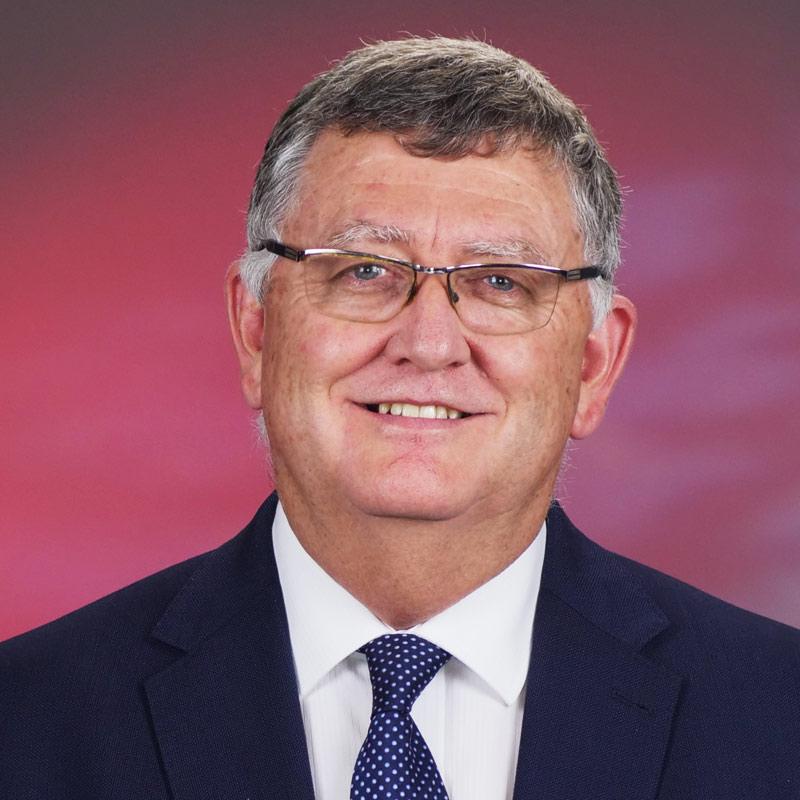
Dr Mike Davidson
IFTCC Executive Board
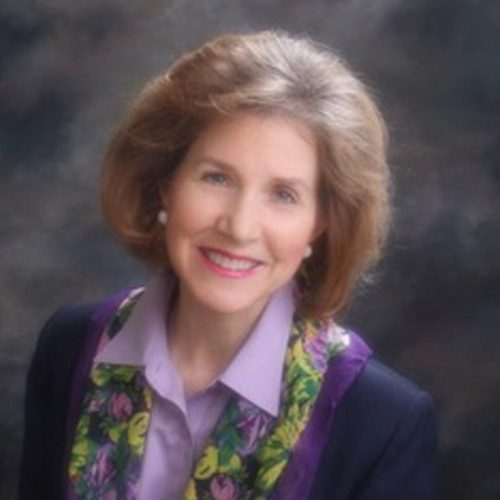
Dr Laura Haynes
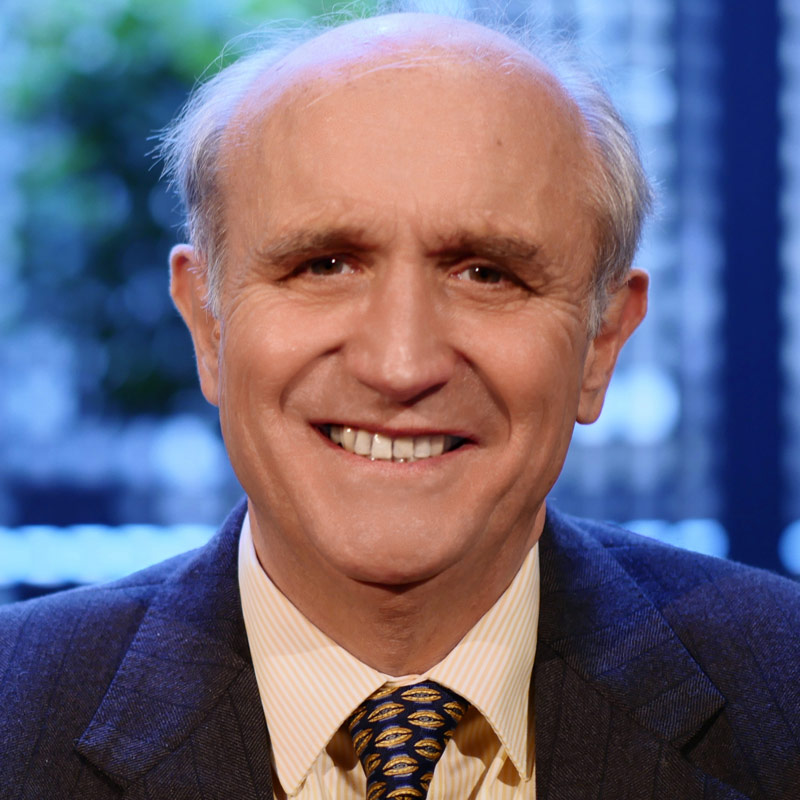
Dr (Med) Peter May
Read & Download in Your Language
WHY SHOULD YOU SHARE THE DECLARATION?
Whilst thousands of people from across the world have signed and joined in the fight against the narrative of LGBT indoctrination, we need many more to increase the impact of this Declaration to use it to inform Governments around the world of this dangerous ideology.
Would you help us find other signers?
FAQ
Some questions arising out of the Declaration and this website are answered below.
How does the Declaration define ‘conversion therapy’?
We understand ‘conversion therapy’ to be an imposed political term used to designate and label any viewpoint that opposes the idea of sexual ‘orientation’ being innate (inborn) and immutable (unchangeable). The terms is attributed to the APA’s (American Psychological Association) Dr Douglas Haldeman, who first used the term in 1991.
The Declaration does not use the term to describe any type of therapy, since we see it as a fake term. There are no groups or individuals known to us who promote themselves as ‘conversion therapists’. For this reason, in the Declaration ‘conversion therapy’ is referred to using quotation marks. Activists appear to impose the term against any group or individual promoting pastoral or standard counselling or psychotherapeutic approaches used when exploring sexual fluidity.
The Declaration does not promote any one approach for working through issues around sexual uncertainty. We use the generic term ‘sexual attraction fluidity exploration in therapy’ (SAFE-T) to refer to therapeutic conversations about sexual fluidity. Change-allowing therapies do not set out to change a person’s sexuality, but sexual feelings may diminish or increase feelings of heterosexual direction for some people, as they explore the meaning of the sexual fluidity in their experience. We do not agree with, or support any coercive pastoral or counselling approach, in any circumstances. The IFTCC therefore does not support ‘conversion therapy’ which it considers a fake-term with a political agenda.
I’m not a professional counsellor or therapist, should I sign the Declaration?
It is easy to dismiss proposed legislation to ban ‘conversion therapy’ as having nothing to do with anyone who is not a pastor, therapist, counsellor, or who is not affected by the issues resulting from sexual fluidity, or gender confusion. The loss of freedom to seek help to change unwanted sexual feelings, behaviours or attractions may affect members of your family, church or business. Freedom of speech and freedom of religion in professional therapy or in pastoral counselling, may not be everyone’s freedom of speech or a freedom of religion issue. But if someone can lose their freedom of speech or freedom of religion, which freedom may be lost next?
We encourage you to show your opposition to therapy bans regardless of your professional status, religious affiliation, or sexual identity.
Do you support those who identify as LGBTQ?
We support counselling approaches that are both non-directive and only client-directed. We are aware that clients might not experience any change in feelings, behaviours or attractions, having undergone therapeutic or counselling interventions they have sought out, but have found their sense of wellbeing has nevertheless increased after such counselling.
Where can I access the important research papers or presentations that the Declaration refer to?
Some of the important papers are open-source and may be downloaded freely and without cost. To read the recent article by Dr Paul Sullins which challenges the idea that SOCE (sexual orientation change efforts) are necessarily harmful, find the paper here. For recent work by Pela and Sutton of SOCE Effectiveness, download the paper here.
If you are looking for broad scientific information that has a bearing on the UK Government’s intuition to ban ‘conversion therapy’ for example, you might consider the IFTCC’s submission to the government’s consultation which recently ended on February 4th, 2022. It can be downloaded here. There are several international speakers and legal view points from international lawyers and activists in the presentations at the most recent IFTCC 2021 conference which can be viewed here.

